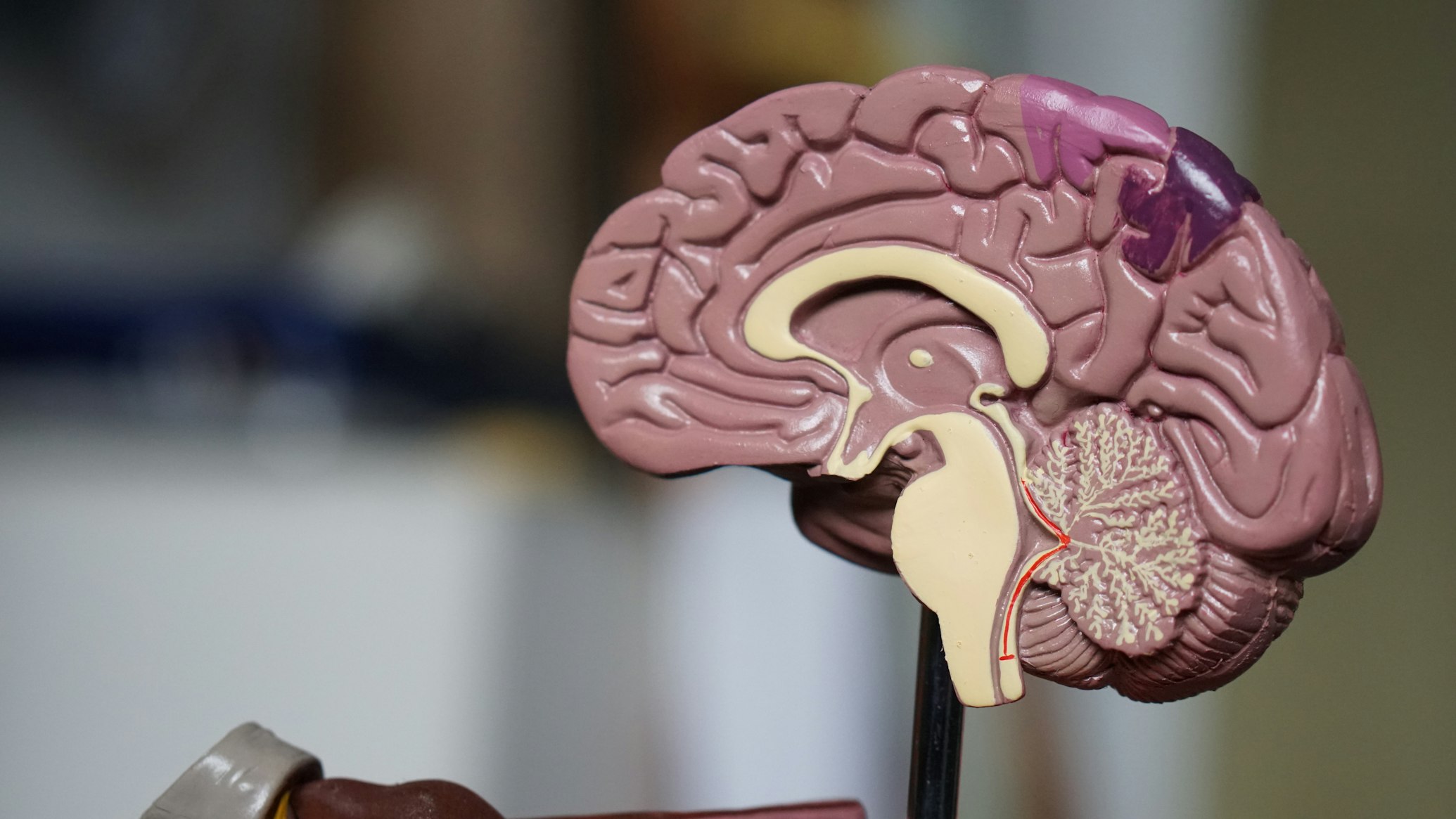Case Study Overview: Metro Health System, a 500-bed hospital network serving over 2 million patients annually, successfully implemented an AI-powered readmission prediction system that reduced 30-day readmissions by 30% while improving patient satisfaction scores by 25%.
The Challenge
Hospital readmissions represent a significant challenge in healthcare, affecting patient outcomes, hospital costs, and Medicare reimbursements. Metro Health System was facing:
- High readmission rates: 18% 30-day readmission rate, above national average
- Financial penalties: $2.3M annual Medicare penalties for excessive readmissions
- Resource strain: Emergency department overcrowding from preventable readmissions
- Patient dissatisfaction: Poor patient experience due to inadequate discharge planning
Traditional approaches to reducing readmissions relied on manual risk assessment tools that were time-consuming, inconsistent, and often failed to identify at-risk patients until after discharge.
The AI Solution
Predictive Model Development
Metro Health partnered with Knavigate to develop a comprehensive AI-powered readmission prediction system that analyzed:
- Clinical data: Vital signs, lab results, medication history, comorbidities
- Administrative data: Length of stay, discharge disposition, insurance type
- Social determinants: Zip code, transportation access, social support systems
- Historical patterns: Previous admissions, emergency department visits
Real-Time Risk Scoring
The AI system provided real-time risk scores for every patient, enabling clinical staff to:
- Identify high-risk patients within 24 hours of admission
- Trigger automated care coordination protocols
- Prioritize discharge planning resources
- Customize post-discharge care plans
Implementation Process
Phase 1: Data Integration and Model Training
The implementation began with comprehensive data integration across Metro Health's electronic health record (EHR) systems:
- Data harmonization: Standardized data from multiple clinical systems
- Historical analysis: Analyzed 5 years of patient data (250,000+ admissions)
- Model validation: Achieved 85% accuracy in predicting 30-day readmissions
- Integration testing: Seamless integration with existing EHR workflows
Phase 2: Pilot Program
A controlled pilot was launched in the cardiology unit:
- Staff training: Comprehensive training on AI risk scores and intervention protocols
- Workflow optimization: Integrated AI insights into daily care rounds
- Intervention protocols: Standardized responses for different risk levels
- Performance monitoring: Real-time tracking of outcomes and model performance
Phase 3: Hospital-Wide Deployment
Following successful pilot results, the system was deployed across all units:
- Scaled training: Trained 1,200+ clinical staff members
- Care team integration: AI insights incorporated into multidisciplinary rounds
- Automated alerts: Real-time notifications for high-risk patients
- Continuous improvement: Model refinement based on new data and outcomes
Results and Impact
Detailed Outcomes
- Readmission reduction: 30-day readmission rate decreased from 18% to 12.6%
- Financial impact: $4.2M annual savings from reduced penalties and improved efficiency
- Length of stay: Average length of stay reduced by 0.8 days
- Emergency department visits: 22% reduction in preventable ED visits
- Patient satisfaction: HCAHPS scores improved by 25%
- Staff efficiency: 40% reduction in time spent on manual risk assessment
Key Success Factors
Clinical Leadership Engagement
Strong support from clinical leadership was crucial for adoption. Chief Medical Officer Dr. Sarah Johnson noted: "The AI system didn't replace clinical judgment—it enhanced it. Our physicians could focus on high-risk patients while feeling confident about their discharge decisions."
Workflow Integration
The AI system was designed to fit seamlessly into existing clinical workflows rather than creating additional burden for staff.
Continuous Model Improvement
Regular model updates based on new data and outcomes ensured sustained performance and accuracy.
Multidisciplinary Approach
Success required collaboration across departments including:
- Clinical teams
- Care coordination
- Social services
- IT and data analytics
- Quality improvement
Intervention Strategies
The AI system enabled targeted interventions based on risk levels:
High-Risk Patients (Score >80)
- Intensive discharge planning starting on day 1
- Social work consultation
- Post-discharge phone calls within 24 hours
- Home health services coordination
- Medication reconciliation and education
Medium-Risk Patients (Score 50-80)
- Standard discharge planning with enhanced medication education
- Follow-up appointment scheduling before discharge
- Post-discharge phone call within 72 hours
Low-Risk Patients (Score <50)
- Standard discharge process
- Educational materials and follow-up instructions
- Optional post-discharge communication
Lessons Learned
Data Quality is Critical
Initial challenges with data quality required significant investment in data cleaning and standardization processes.
Change Management is Essential
Success required comprehensive change management including training, communication, and addressing staff concerns about AI in healthcare.
Patient Engagement Matters
Involving patients in understanding their risk factors and care plans improved adherence to post-discharge instructions.
Expanding the Program
Based on the success of the readmission prediction system, Metro Health has expanded AI applications to:
- Sepsis prediction: Early identification of sepsis risk
- Fall prevention: Predicting and preventing patient falls
- Length of stay optimization: Predicting and managing patient flow
- Emergency department triage: Optimizing patient prioritization
The Future of AI in Healthcare
Metro Health's success demonstrates the transformative potential of AI in healthcare. The key lessons from this implementation provide a roadmap for other healthcare organizations looking to leverage AI for improved patient outcomes:
- Start with high-impact use cases like readmission prediction
- Ensure strong clinical leadership and engagement
- Invest in data quality and integration
- Design for seamless workflow integration
- Implement comprehensive change management
- Monitor and continuously improve model performance
As healthcare continues to evolve, AI-powered predictive models will play an increasingly important role in improving patient outcomes, reducing costs, and enhancing the overall quality of care. Metro Health's 30% reduction in readmissions is just the beginning of what's possible when AI is thoughtfully implemented in healthcare settings.

